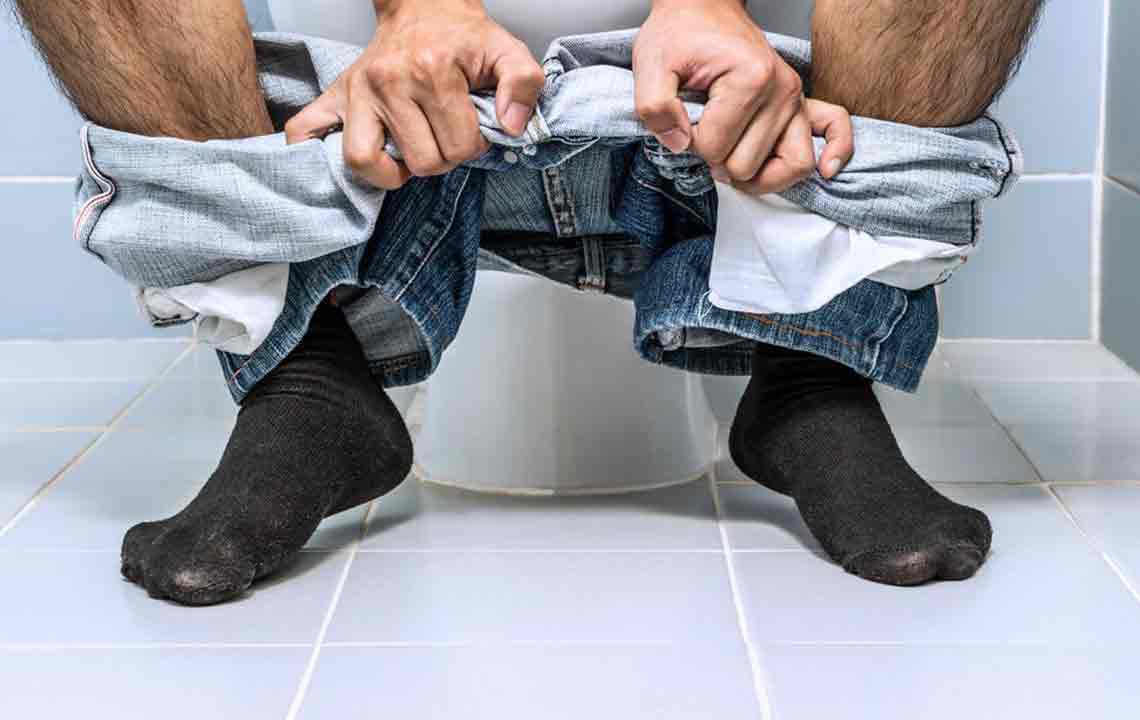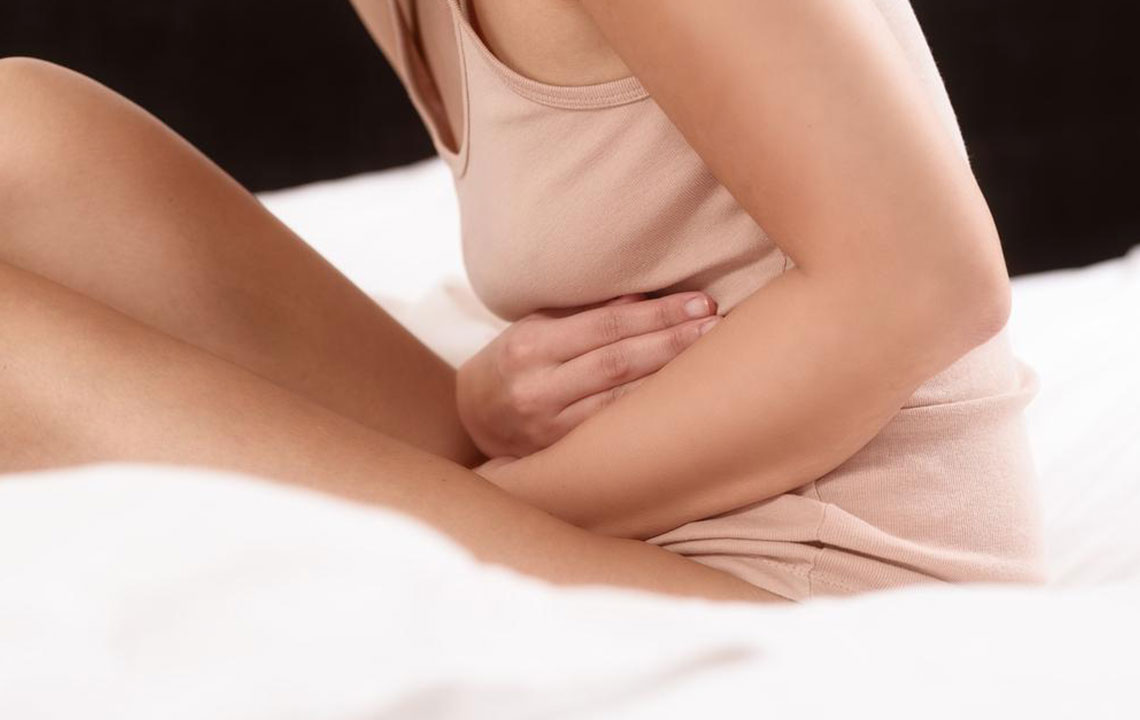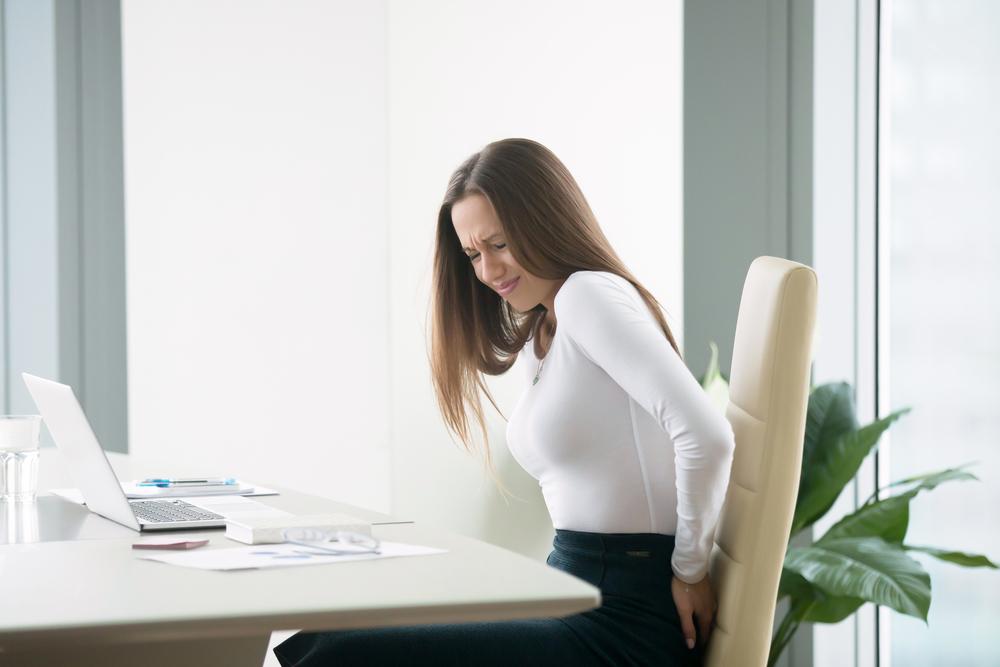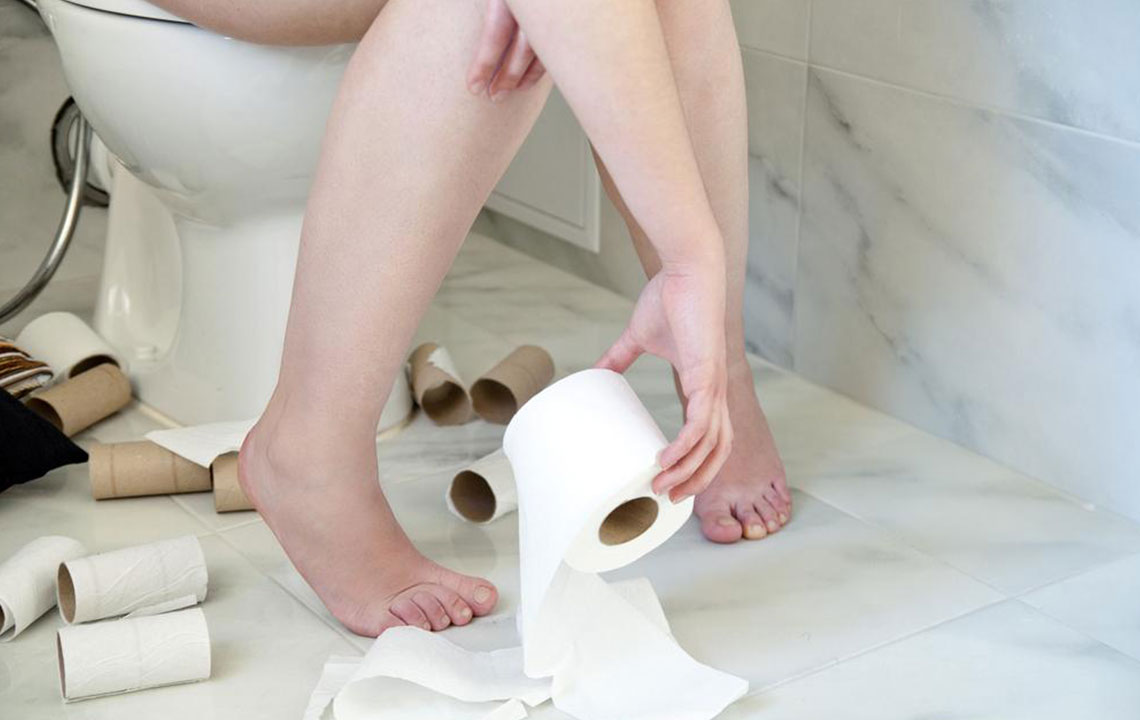Comprehensive Guide to Managing and Relieving Hemorrhoids Effectively
This comprehensive guide delves into effective strategies for managing hemorrhoids, emphasizing home remedies, lifestyle changes, and medical treatments. Learn how to identify symptoms, adopt preventive habits, and seek professional care for persistent issues, ensuring relief and long-term health. Whether dealing with mild discomfort or severe cases, understanding these approaches can greatly improve quality of life by reducing symptoms and preventing recurrence.
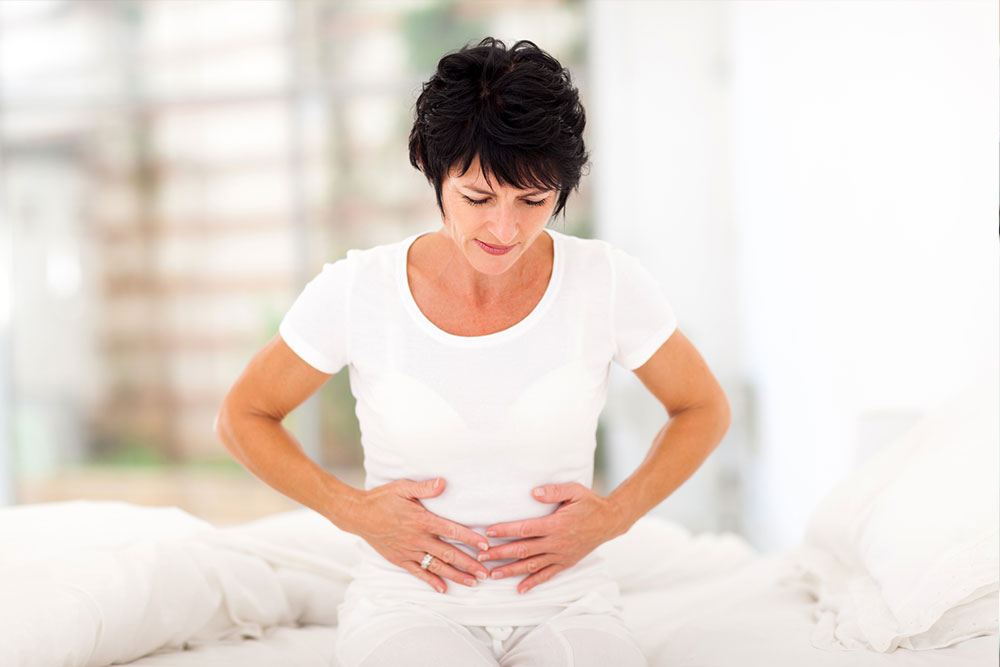
Comprehensive Strategies for Hemorrhoid Relief and Management
Hemorrhoids are a common medical condition characterized by swollen and inflamed blood vessels in the anal and rectal regions. This condition affects a significant portion of the population at some point in their lives, causing discomfort, pain, and sometimes bleeding. Understanding the underlying causes and exploring effective management strategies are essential for relief and prevention. Hemorrhoids can be classified into internal hemorrhoids, which develop inside the rectum and are usually painless, and external hemorrhoids, which form under the skin around the anus and tend to be more painful and sensitive.
The primary causes of hemorrhoids include increased pressure in the lower digestive tract, often resulting from straining during bowel movements, prolonged sitting on the toilet, pregnancy, obesity, and a diet low in fiber. Chronic constipation and diarrhea also contribute to the development of hemorrhoids by repeatedly straining or irritating the anal area. Recognizing these risk factors can help individuals take proactive steps to minimize their chances of developing hemorrhoids and to manage existing symptoms effectively.
Symptoms and Signs of Hemorrhoids
Symptoms vary depending on the type and severity of hemorrhoids. Common signs include discomfort, itching, swelling, and bleeding during bowel movements. Internal hemorrhoids are often unnoticed because they are located inside the rectum, although they may prolapse or protrude outside the anus in severe cases. External hemorrhoids tend to cause more obvious symptoms such as pain, swelling, and irritation around the anal area. Recognizing these symptoms early can lead to prompt treatment and relief.
Effective Home Remedies and Lifestyle Changes
Many individuals find relief through conservative, at-home treatments and lifestyle modifications. Simple remedies can significantly alleviate symptoms and promote healing. For instance, warm sitz baths—soaking the affected area in warm water for 10-15 minutes—can relax the anal muscles and reduce swelling. Applying cold packs or ice wrapped in a cloth helps diminish inflammation and numb pain. Over-the-counter topical treatments, including hydrocortisone creams and witch hazel pads, can soothe irritation and reduce swelling.
Natural remedies like aloe vera gel have soothing properties, providing relief from discomfort, while dietary and behavioral changes can prevent future episodes. Increasing fluid intake ensures softer stools, reducing the need for straining during bowel movements. Incorporating high-fiber foods such as fruits, vegetables, whole grains, and legumes promotes regular bowel movements and decreases pressure on hemorrhoidal vessels. Maintaining a consistent exercise routine stimulates bowel function and reduces constipation. It is also important to develop proper bathroom habits—avoiding prolonged sitting on the toilet and responding promptly to the urge to defecate helps prevent straining.
Medical Treatments for Persistent or Severe Hemorrhoids
While most cases of hemorrhoids improve with conservative care, some individuals experience persistent symptoms, significant bleeding, or pain that interferes with daily life. In such cases, medical intervention may be necessary. Procedures range from minimally invasive techniques like rubber band ligation, sclerotherapy, and infrared coagulation to more invasive surgeries such as hemorrhoidectomy. These treatments aim to reduce hemorrhoidal tissue and prevent recurrence, offering long-term relief.
If bleeding is heavy, or if hemorrhoids are prolapsed and cannot be reduced, it is crucial to seek prompt medical attention. A healthcare professional can diagnose the extent of the condition, rule out other underlying issues, and recommend appropriate interventions tailored to individual needs.
Preventive Measures and Long-Term Management
Prevention remains the best approach to managing hemorrhoids. Maintaining a high-fiber diet, staying well-hydrated, and exercising regularly are essential strategies. Proper bathroom hygiene and avoiding prolonged sitting or standing can significantly lower risk. Additionally, managing weight and addressing factors that increase abdominal pressure, such as chronic cough or lifting heavy objects, contribute to prevention efforts. Regular monitoring and early treatment of mild symptoms can prevent the progression to more severe forms, reducing the need for invasive procedures.
Understanding your body and adopting healthy habits can effectively control hemorrhoid symptoms and enhance overall well-being. Consulting a healthcare provider for personalized advice and treatment options ensures safe and effective management tailored to individual conditions.


